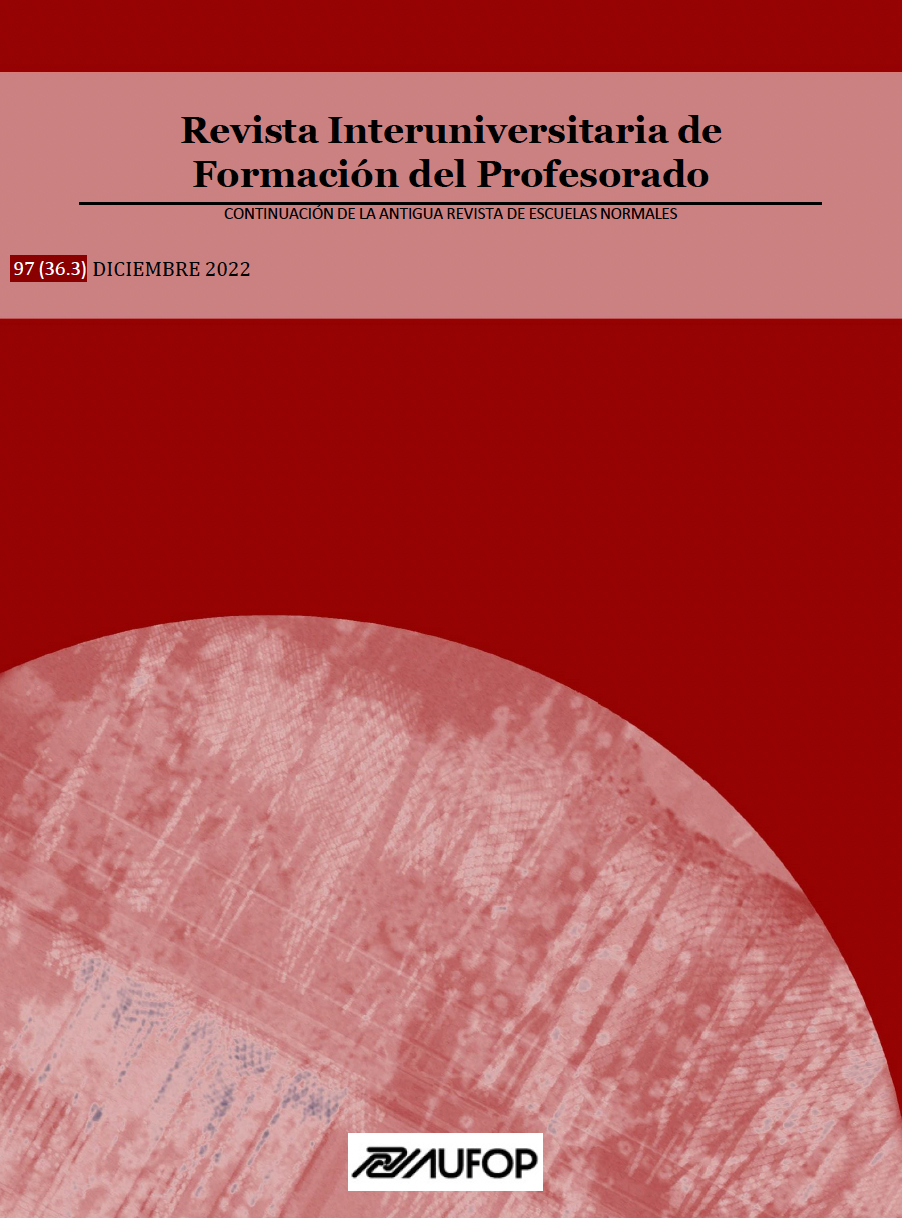The Epistemic potential in creative fandom projects
Analysis of argumentative processes in fan theories
DOI:
https://doi.org/10.47553/rifop.v97i36.3.96673Abstract
This paper focuses on the processes of knowledge construction and social interaction generated around literate practices linked to virtual communities. The hypertextual projects developed by users in these spaces put into operation complex creative, inferential and argumentative strategies that favor the development of creativity and critical thinking of their members. Focusing attention on fan theories, the research has allowed categorizing, defining and characterizing these original hermeneutic proposals made available to the community of followers (fandom) to be evaluated and debated. To this end, a study combining netnographic methodologies and discourse analysis has been carried out. The descriptive examination of these creative products has been carried out following the following variables: pragmatic aspects, context of argumentation and structural aspects (internal structure, types of arguments and conclusion or thesis reached). The results show the existence of three types of fan theories (predictive, explanatory and alternative) which are based on the prioritization of different argumentative mechanisms and creative dimensions. Predictive theories are personal interpretations based on subjective arguments and the establishment of connections between the text and the users' personal experience; explanatory theories are original theories supported by various critical and analytical arguments with precise references to the canon and paratextual elements; and alternative theories are characterized by their hypertextual and creative nature. It is concluded that an educational approach oriented to the development of critical and creative thinking should conceive hypertextual and virtual-based argumentative processes as a situated discursive practice.
Downloads
Published
How to Cite
Issue
Section
License
The "Revista Interuniversitaria de Formación del Profesorado (RIFOP)", with ISSN print 0213-8646 and ISSN electronic 2530-3791), adheres to the copyright notices proposed by Creative Commons
Authors’ rights
Papers published in the journal are subject to the following terms:
1. The Asociación Universitaria de Formación del Profesorado (AUFOP) is the editor of the RIFOP and holds the copyright of the papers published therein. The reuse of these is allowed under the license for use as indicated under point 2.
© Asociación Universitaria de Formación del Profesorado (AUFOP)
2. The papers are published in electronic version under the license CreativeCommons Reconocimiento-NoComercial-SinObraDerivada 3.0 España (texto legal). Papers can be copied, used, disseminated, transmitted and publicly exhibited provided that: i) the authorship and original publication source are cited (journal, editors and URL of the paper); ii) they are nit used for commercial gain; iii) the existence and specifications of the license for use are mentioned.
3. Auto-archiving conditions. Authors are allowed and encouraged to disseminate electronic pre-print versions (versions prior to peer review) and/or post-print (versions reviwed and accepted for publication) of their papers prior to their publication, since this favors prompt circulation and dissemination and supposes a possible increase in cites and scope within the academic community.
Privacy declaration
The names and email addresses incorporated into this journal will be used solely for the declared purposes of the journal and will not be available for any other purposes or to third parties.






